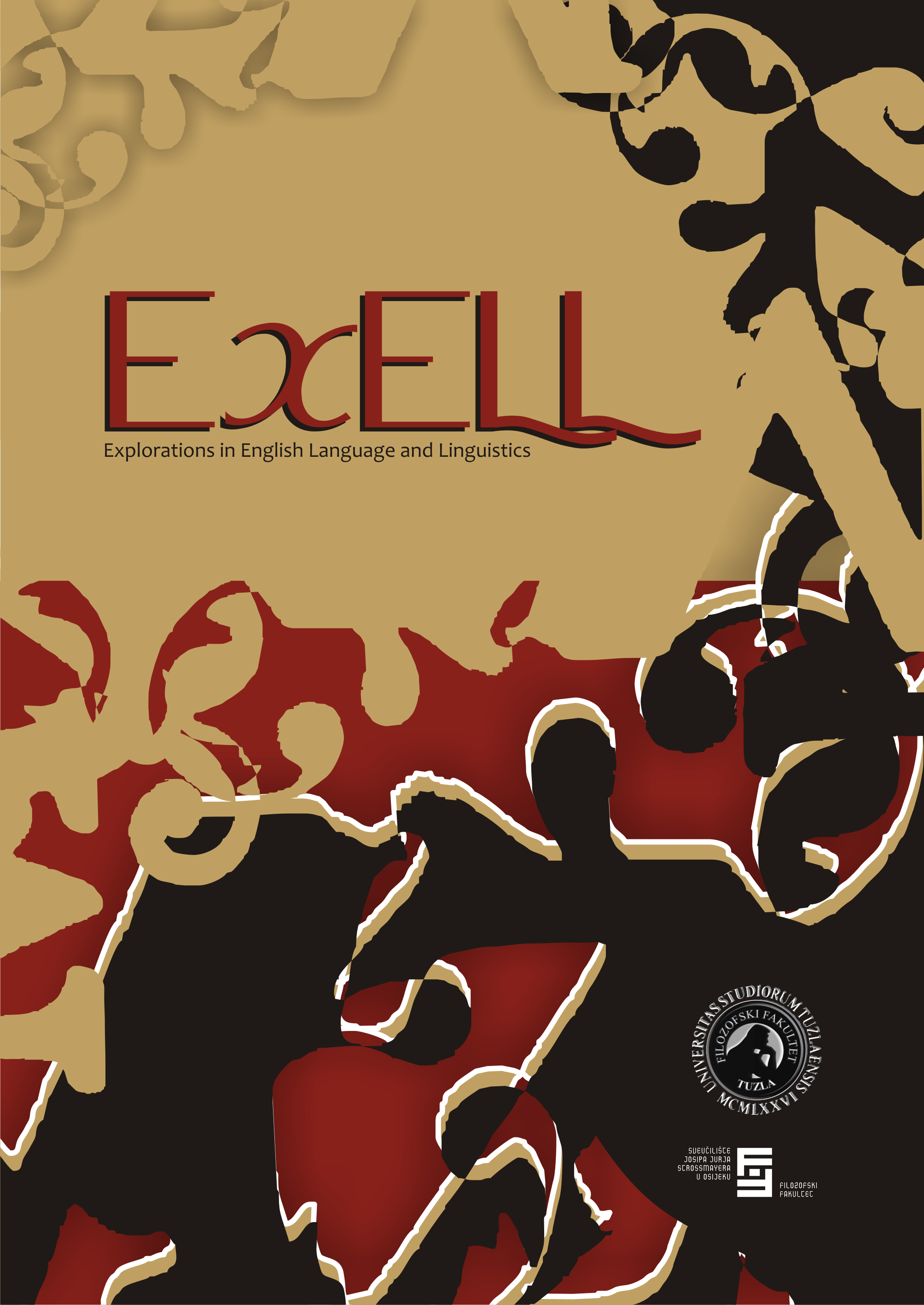Computer assisted language learning in English language classrooms in Bosnia and Herzegovina
Keywords:
computer-assisted language learning, English language classes, teachers’ and students’ attitudesAbstract
The paper examines the application of computer assisted language learning (CALL) in English language classes in Bosnia and Herzegovina. The research was designed as an empirical exami-nation of the attitudes of teachers and students on the successful application of computer assisted language learning in English language classrooms in Bosnia and Herzegovina. Lack of moti-vation is one the problems that most teachers are faced with. There are many causes of poor motivation, but one of them is certainly the unattractiveness and dullness of traditional methods, teaching materials and resources. However, many authors with educational experience point out that the use of information technology can positively influence students' motivation and encourage them to work actively. While adults, as digital immigrants, might not use modern information technology excessively, children and teens are true digital natives, who have grown up with the latest technologies and use them with great pleasure in all aspects of their lives adapting them to their needs (Prensky, 2001). The results obtained in this research are an indicator of the current attitude of teachers and students towards these issues, but they also highlight some important necessary reforms in the field of teacher education.
Downloads

Downloads
Published
How to Cite
Issue
Section
License
Copyright (c) 2025 ExELL

This work is licensed under a Creative Commons Attribution-NonCommercial-NoDerivatives 4.0 International License.







